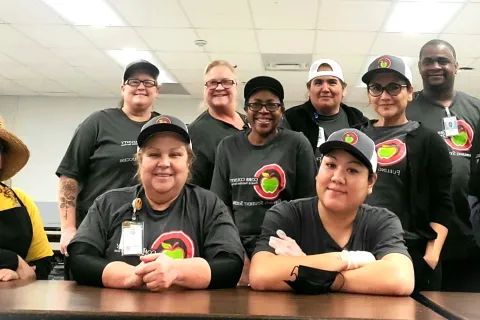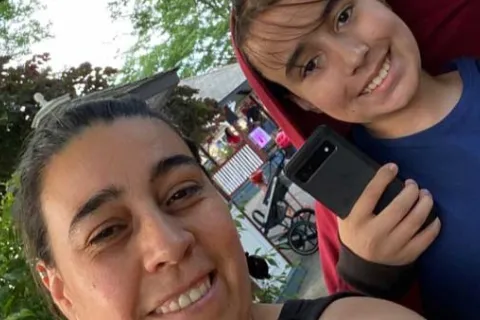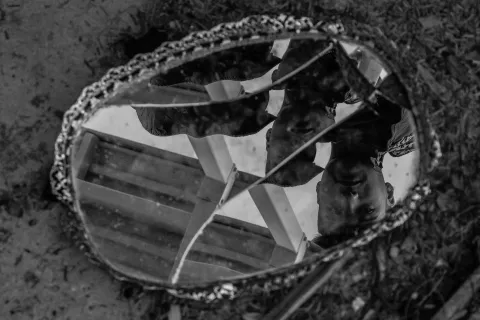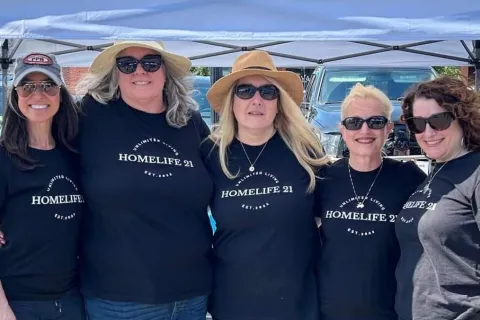Autism Speaks does not provide medical or legal advice or services. Rather, Autism Speaks provides general information about autism as a service to the community. The information provided on our website is not a recommendation, referral or endorsement of any resource, therapeutic method, or service provider and does not replace the advice of medical, legal or educational professionals. Autism Speaks has not validated and is not responsible for any information, events, or services provided by third parties. The views and opinions expressed in blogs on our website do not necessarily reflect the views of Autism Speaks.
Set Your Location
Please enter your location to help us display the correct information for your area.














